Becoming an Emergency Medical Technician (EMT) in Massachusetts means stepping directly into the heart of emergency care. If you're driven to serve and make an immediate impact, the path to EMT certification is your next step.
At How To NREMT, we are your dedicated partner. We provide the focused strategies, cutting-edge tools, and expert support required to confidently pass your NREMT exam on your very first try.
Understanding EMT Certification Requirements in Massachusetts
To become a certified EMT in Massachusetts, you'll work through the Massachusetts Department of Public Health (DPH), Office of Emergency Medical Services (OEMS).
Here's a clear breakdown of the steps:

Step 1: Meet Eligibility Requirements
- Be at least 18 years old.
- Possess a high school diploma or GED equivalent.
- Hold a current Basic Life Support (BLS) CPR certification for Healthcare Providers.
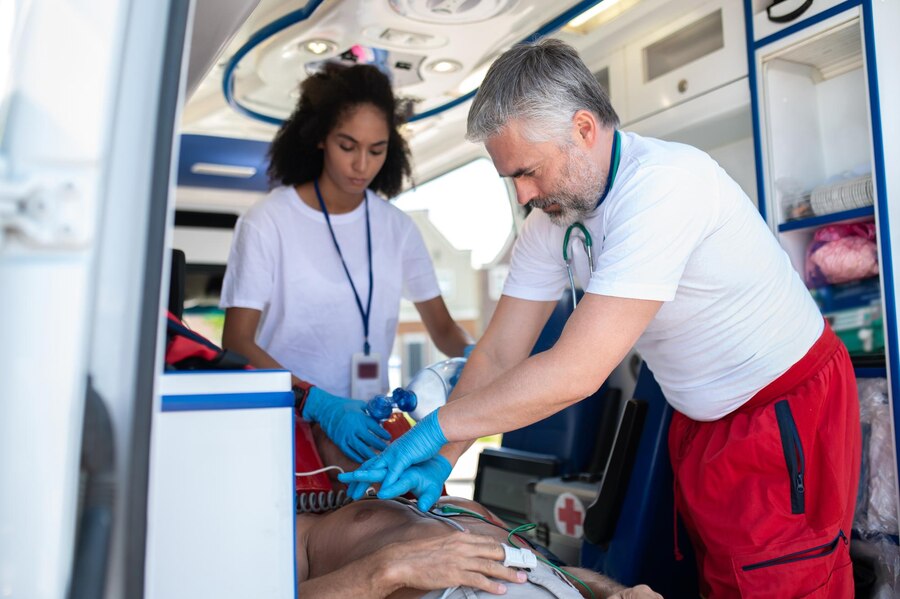
Step 2: Complete a Massachusetts DPH-Approved EMT Training Program
Enroll in an Emergency Medical Technician training program approved by the Massachusetts DPH OEMS. These programs are offered at various community colleges, technical schools, and accredited training institutions throughout the Commonwealth.
Your program will cover essential knowledge in patient assessment, basic anatomy and physiology, emergency medical procedures, and patient care for a wide range of medical and trauma emergencies. Successful completion of this didactic and clinical training is mandatory to gain eligibility for the NREMT cognitive exam.
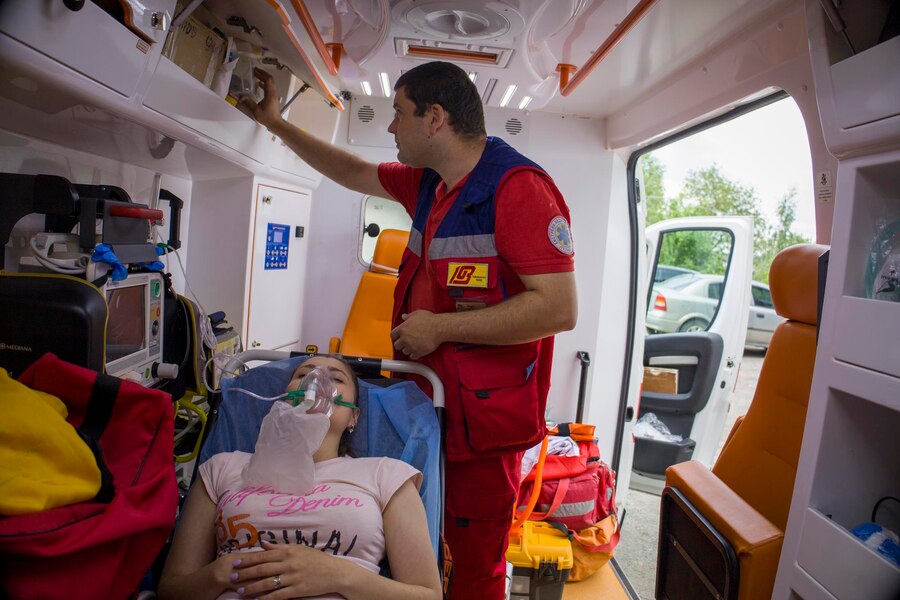
Step 3: Pass the National Registry of Emergency Medical Technicians (NREMT) Cognitive Exam
After successfully completing your Massachusetts DPH-approved EMT training program, you become eligible to take the NREMT cognitive (written) exam. This national examination is a standardized assessment of your knowledge and ability to apply EMS principles in various scenarios.
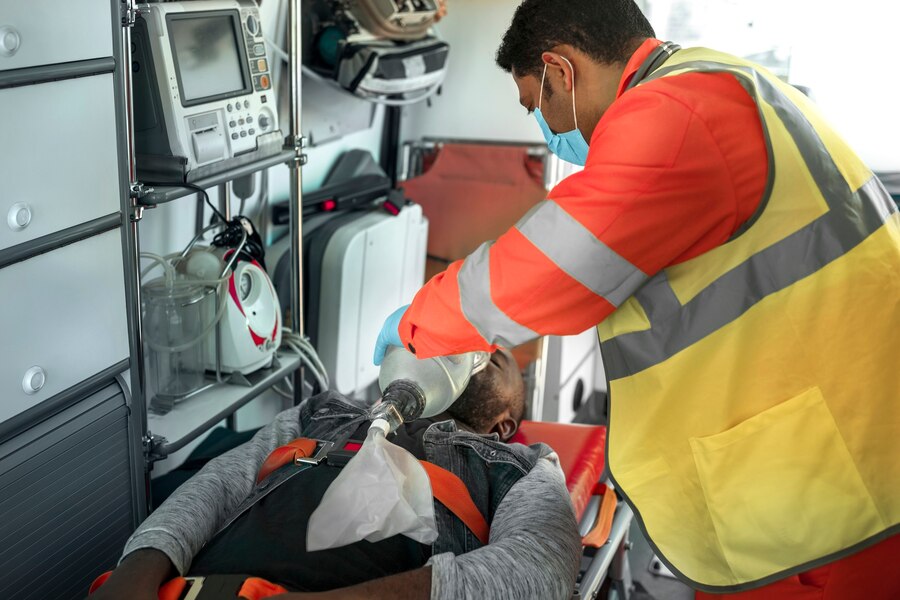
Step 4: Apply for Massachusetts EMT Certification through the DPH OEMS
Once you have successfully passed the NREMT cognitive exam, you will submit an application for Massachusetts EMT certification to the DPH OEMS.
This application typically includes documentation of your completed training, NREMT cognitive exam results, a comprehensive background check, and proof of immunizations.
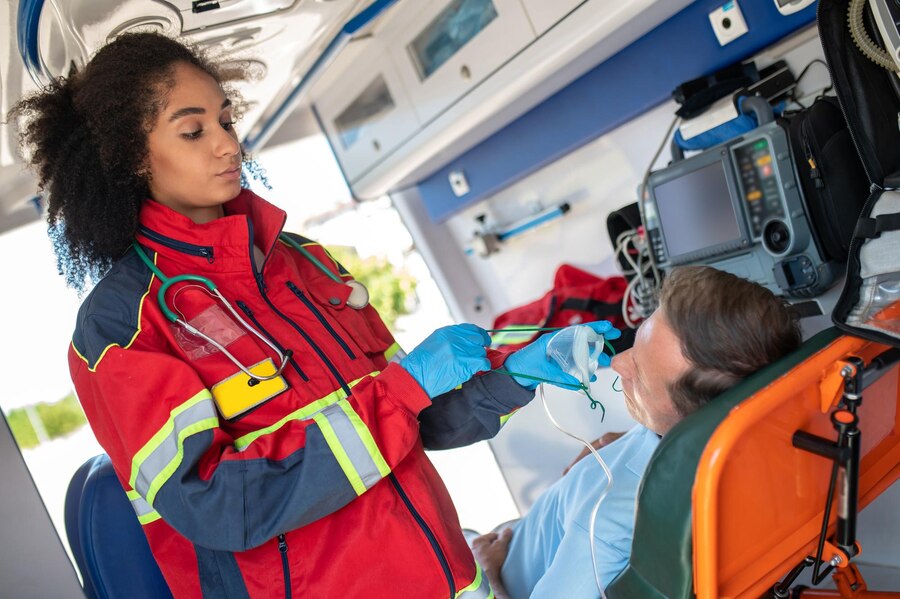
Step 5: Maintain Your Certification
Massachusetts EMT certification is typically valid for two years. To successfully renew your certification and continue practicing within the state, you must meet specific continuing education requirements that are set by the DPH OEMS. These requirements ensure that EMS professionals remain current with the latest medical protocols, evolving best practices, and advancements in emergency care.
Additionally, maintaining your current NREMT certification is a direct prerequisite for state renewal, emphasizing the importance of ongoing national recognition. Proactive management and tracking of your continuing education hours are absolutely essential to avoid any lapse in your certification status.

The NREMT Cognitive Exam: What You Need to Know
The NREMT cognitive exam is a dynamic, computer-adaptive test (CAT) that adjusts the difficulty of questions based on your performance. It's designed to assess how well you understand and can apply EMS concepts in realistic situations.
What’s tested under the updated NREMT content domains for EMTs? Here’s a closer look:
- Scene Size-Up and Safety: This domain evaluates your ability to quickly and accurately assess an emergency scene for potential hazards, ensuring the safety of yourself, your crew, and the patient. It also includes planning your initial approach to the situation and identifying the number of patients and additional resources needed.
- Primary Assessment: This critical domain focuses on the rapid identification and immediate management of any immediate life threats to the patient. It encompasses the systematic evaluation of the patient's airway, breathing, circulation, and level of consciousness, which helps establish the urgency of their condition and prioritize immediate interventions.
- Secondary Assessment: Following the primary assessment, this domain involves a more detailed and systematic examination of the patient. This includes gathering a comprehensive medical history (SAMPLE history), performing a thorough physical assessment (head-to-toe or focused exam), and identifying any underlying medical conditions or injuries that will influence subsequent patient care and transport decisions.
- Patient Treatment and Transport: This expansive domain covers the full spectrum of interventions you'll provide to the patient. This ranges from managing major body systems (respiratory, cardiovascular, musculoskeletal, nervous) to safe and effective medication administration, controlling life-threatening bleeding, addressing environmental emergencies, and securely preparing the patient for transport to a medical facility. It emphasizes appropriate interventions based on patient presentation.
- Operations: This domain addresses broader aspects of EMS operations and professional conduct. It includes effective communication with dispatch, other healthcare providers, and scene personnel, efficient management of equipment inventory, proper documentation, and ensuring the ambulance is properly stocked, maintained, and ready for immediate response.
Note: Pediatric patient care scenarios are integrated throughout all these domains, ensuring comprehensive understanding across all age groups.
You'll receive between 70 to 120 questions, and the exam can conclude early once a passing standard is determined. Our NREMT exam simulator accurately replicates this unpredictable scoring structure, allowing you to track your readiness with precision.
National NREMT vs. Massachusetts State Certification: A Clear Breakdown
It's important to understand the distinction between national certification and state licensure.
| Requirement | NREMT Cognitive Exam (National) | Massachusetts State Certification (DPH OEMS) |
|---|---|---|
| NREMT Cognitive Exam | Required | Required |
| CPR Certification | Required | Required |
| Approved Training | Required | Required (DPH OEMS-approved program) |
| Background Check | Not required by NREMT | Required |
| State Application | Not applicable | Required |
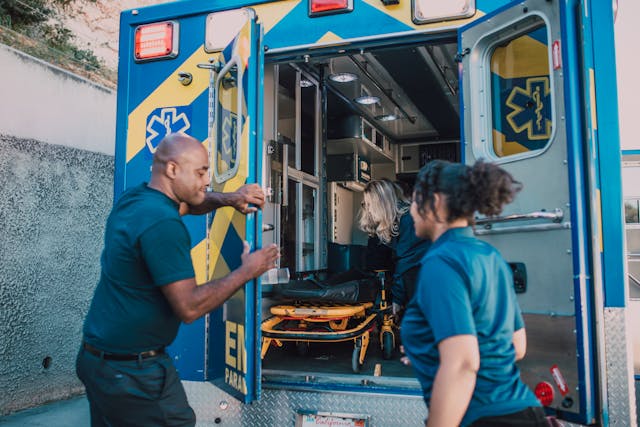
Essential Resources for Massachusetts EMTs
To assist you on your journey, here are key contacts and application portals:
- Massachusetts Department of Public Health (DPH), Office of Emergency Medical Services (OEMS): This is the primary regulatory body for EMS certification in Massachusetts. Their website is your go-to resource for official requirements, approved programs, and application forms.
- National Registry of Emergency Medical Technicians (NREMT): For comprehensive information about the national cognitive exam, specific content domains, and general NREMT policies.
- Choosing a selection results in a full page refresh.
